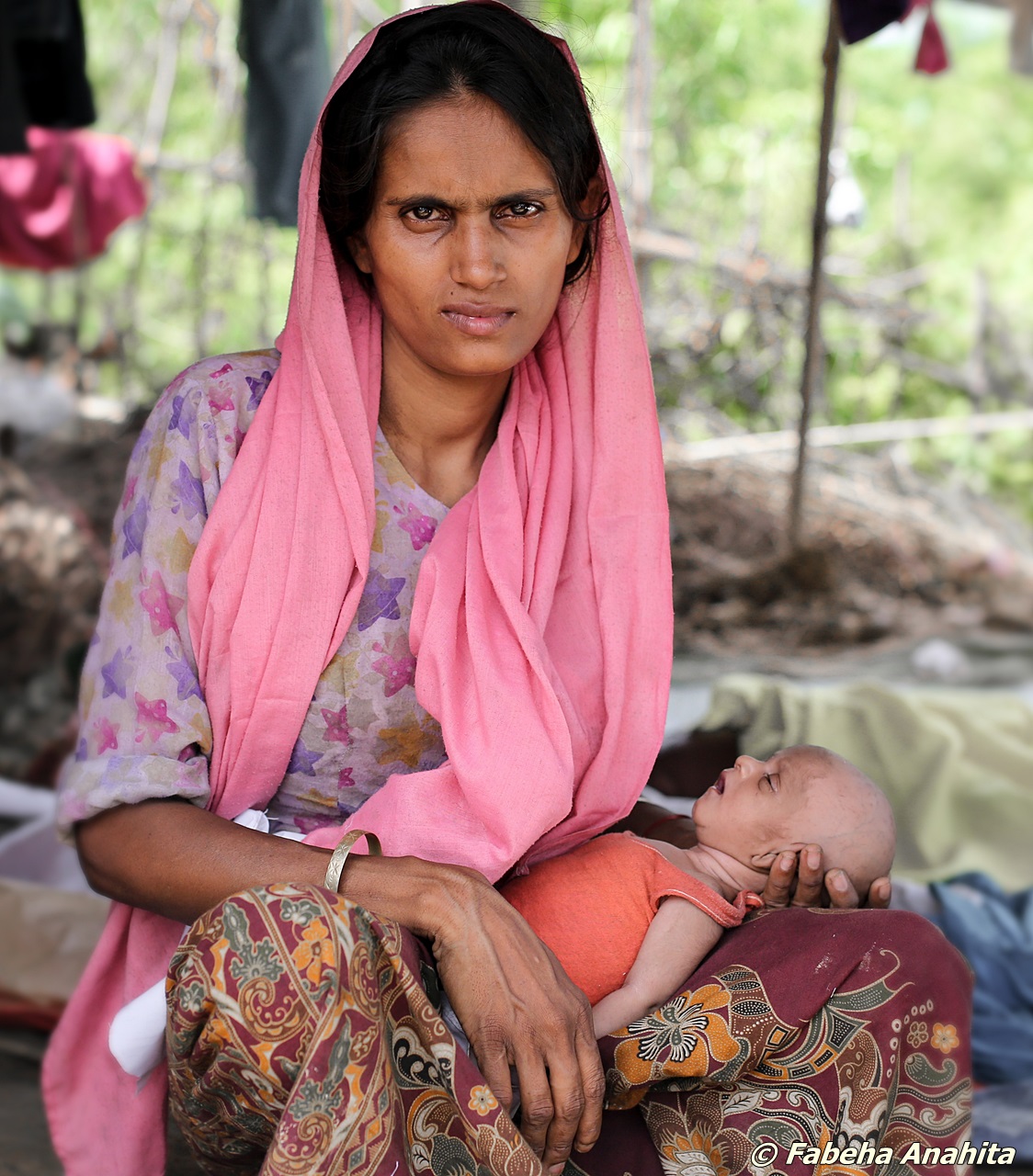Being homeless: The perilous journey of Rohingya refugees to nowhere
Apr 28, 2022
First story

"It began with the military forces attacking our village. Then we fled to the neighboring town. They continued to kill and torture people. In the end it was only dead again. They robbed our things, injured young children and abused women in their own homes.
My 12 year old son, Selim, saw bare women standing in a row in the field. He saw that the soldiers knocked them up, all of them. He came terrified home, grabbed my hands and screamed that we had to go as quickly as possible. We saw the cruelty and thought we would die at any time.
I was feared that the birth was going to happen in the Myanmar hills. The pain started the day before I reached the border near Bangladesh. As we had gone through the woods and got to the hill, I was injured and could not move my leg. My husband decided that our two sons would travel with some relatives who were heading to the Naf River.
When my sons came to part with me, I could not say a word to them. They were on the way to Bangladesh when I was in the ridge of Myanmar. They traveled, and I started bleeding, something I hid from my husband. There was no one who could help me with my unborn child. I prayed for my sons and the child who could be born at any time.
We heard terrible stories about military attacks. There were many injured people around us. They raped pregnant women and killed mothers and children. They cut their heads off children and left them so that other people could see them. Everyone cared for someone - many had lost parents, children, husbands or wives.
After ten days without food, my husband had to carry me on his back. We lost our house, the cows and everything we owned. The pain started the day before I reached Bangladesh. When my husband and I arrived at the boat, it was already stuffy. He decided to wait and send with the next boat. I was afraid that the boat trip would be the last of my life. But I arrived at Bangladesh, and my husband found me as soon as he was promoting.
I gave birth to my daughter the following day. She is now five days old. My husband looked after our sons in all camps nearby. Fortunately, he found them somewhere where food and water were distributed to refugees.
Miracles happen and we survived. I gave birth to my daughter. She was alive and I was. My husband had to travel from place to place to get food and medicine. We stayed in another temporary camp before we came to Balukhali.
I do not know what's going to happen to us. My newborn daughter has a fever and cold. I do not have the energy to give her what she needs. I'm worried about my kids.
People around us try to help us all they can, but I wonder how we will be able to live here in this plastic-covered shed. But we have at least one place to sleep and have food to eat.
Every night I check the pulse of my newborn baby. I fear death and insecurity that bother me all the time. If a person starts to cry in the camp, another begins as well. The complaint is spreading rapidly. Our only hope is that we are alive"
- Renowara (25)
For more than a month Myanmar army has waged a brutal military campaign in northern Rakhine state against the Rohingya – a Muslim minority ethnic group. The Myanmar government denies the citizenship of Rohingya and basic rights – after fighters of a Rohigya armed group carried out attacks on security forces on August 25. More than 501,800 Rohingya have fled the Buddhist – Majority country and arrived into Bangladesh since August 25. Densely populated refugee settlements are filled with women and children. Most of the hills are occupied by unofficial makeshift camps. The refugees of whom are mostly women and children are in urgent need of humanitarian aid.




